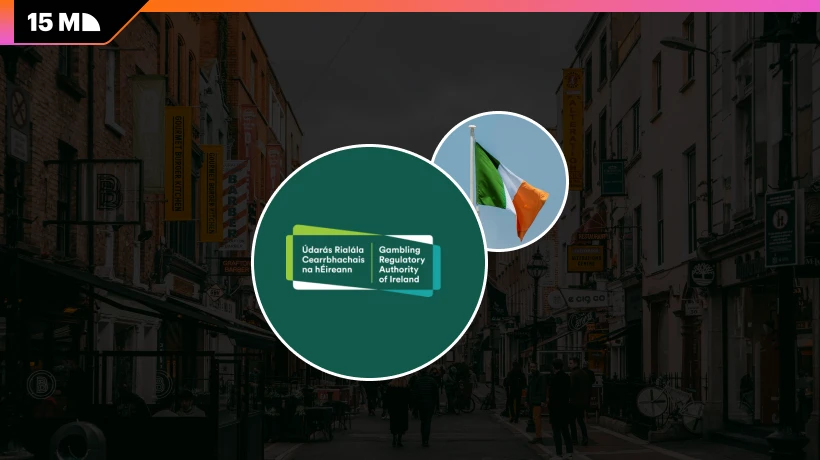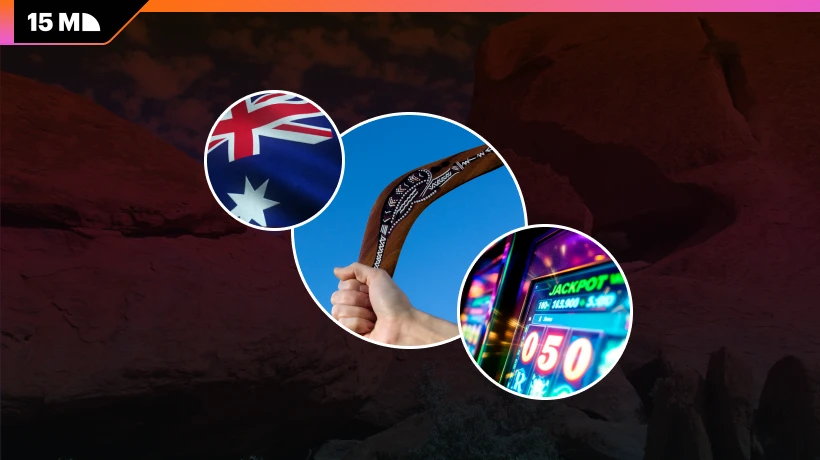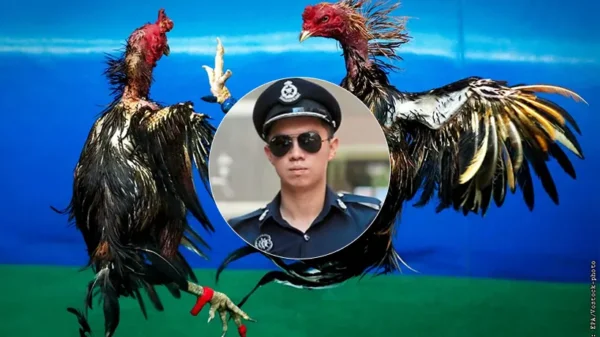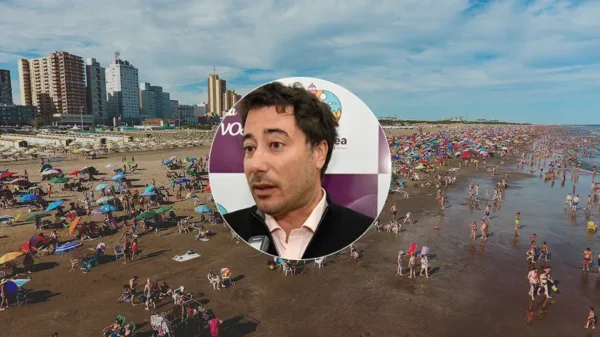São Paulo police raided an illegal bingo hall in the Perdizes district last week. The venue sat on the city’s west side, tucked behind a façade that read “for rent.”
Officers found 57 slot machines running inside. Several people were actively gambling when police entered.
Two people were detained at the scene. A 60-year-old man told police he worked as a waiter at the establishment. A 46-year-old woman said she was employed as a cleaner. Both were questioned about the operation.
The venue had multiple people playing games when officers arrived. All equipment was seized and sent for forensic analysis. The São Paulo State Department of Public Safety confirmed the bust.
Why These Operations Keep Popping Up
This isn’t an isolated case. São Paulo state has seen a growing list of similar raids in recent weeks.
Earlier this month, authorities in Campinas uncovered another illegal bingo hall. That operation had more than 30 slot-style machines running. Twenty players were inside when police showed up.
Here’s the problem. These places don’t stay closed. Similar establishments have resumed activity shortly after being shut down. Underground gambling networks persist across the state despite repeated crackdowns.
Enforcement varies wildly across Brazilian regions. Some areas crack down hard on illegal gaming. Others look the other way. The inconsistency makes it easier for operators to stay in business.
What Happened During the Raid
Police initially responded to reports of a robbery with hostages. That’s what brought them to the address in the first place.
But there was no robbery. Officers found a fully functioning bingo operation instead.
The building’s exterior displayed a “for rent” sign as cover. Inside, dozens of slot machines were active and operational. People were gambling when police walked in.
The case has been forwarded to a local Police District for further investigation.
How This Fits Brazil’s Gambling Debate
Brazilian law currently prohibits bingo and slot-style games. Land-based gambling operations remain illegal nationwide. But that legal framework might change soon.
Lawmakers in Brasília are revisiting legalisation proposals right now. They’re debating whether to regulate casinos, bingo halls, and jogo do bicho, a traditional Brazilian lottery-style game.
The discussion focuses on economic and social implications. Supporters argue legalisation would generate tax revenue and create formal jobs. Critics worry about problem gambling and potential ties to organised crime.
These illegal operations highlight the challenge facing regulators. Demand for gambling exists whether it’s legal or not. The question is whether Brazil wants to regulate and tax it or keep fighting underground venues that reopen after every raid.
For now, enforcement continues across São Paulo. And operators keep finding new locations to set up shop.







